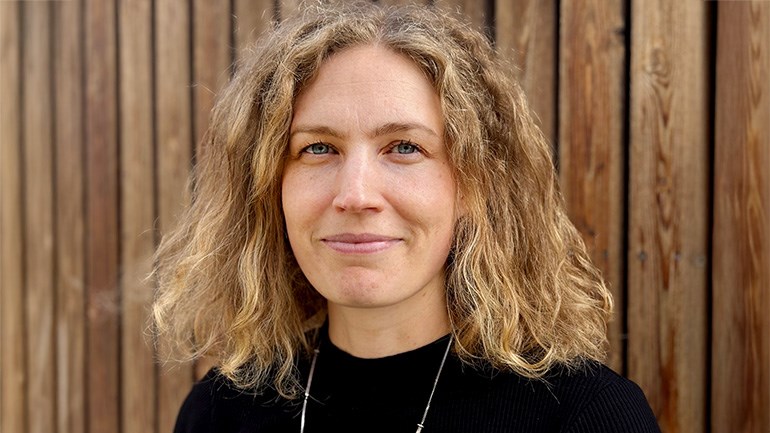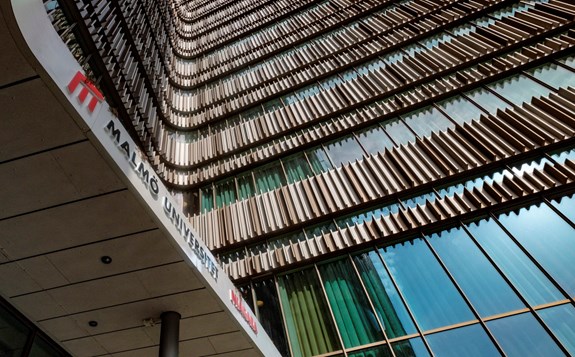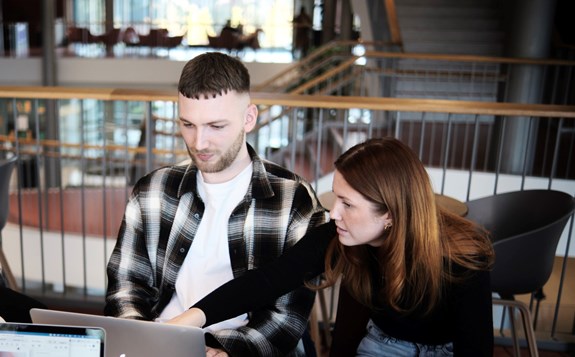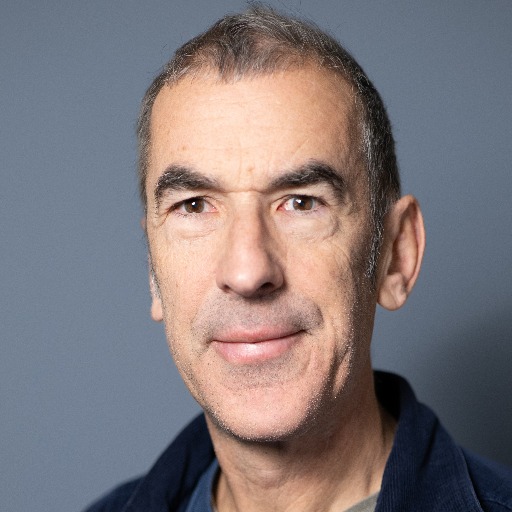The abortion struggle in Ireland – a victory with a bitter taste

According to researcher Sarah Bodelson, the struggle against the abortion ban in Ireland concealed both internal conflicts and silenced voices within the movement.
Ireland repealed its abortion ban in 2018 – a victory that was celebrated around the world. But according to researcher Sarah Bodelson, this success concealed both internal divisions and silenced voices within the movement.
The abortion ban had long been a strong part of Ireland's identity and had even been protected in the constitution following a referendum in 1983. Opposition only began in earnest three decades later, when yet another woman was denied an abortion, and died – an event that sparked mass protests. In 2012, the grassroots movement gained momentum and soon became a concerted struggle for a referendum.
The activists talked about a bigger vision, but after 2018, much of the commitment died out. The legislation that was put in place is a far cry from what they fought for.
Sarah Bodelson
“I was interested in how the issue of abortion is constantly politicised and I wanted to learn from this growing movement for abortion rights,” says Sarah Bodelson, a doctoral student at the Department of Global Political Studies.
When the Irish government finally agreed to a referendum, activists had to quickly mobilise. Three organisations – a grassroots collective, an NGO, and a coalition of various groups – formed the core of the campaign. Professional agencies were brought in to shape the message. The slogan became ‘Care, Compassion and Change’ – a conscious choice to create empathy rather than demand rights.
The referendum resulted in a landslide victory for abortion rights. However, according to Bodelson, this success came at a certain price.
"Instead of demanding rights, people asked for compassion. The campaign's message was to evoke sympathy and pity for white Irish women. Migrants, asylum seekers, racialised people and transgender people were excluded from the narrative and experienced silencing throughout the campaign.
“The focus was on the most exceptional and tragic cases, such as pregnancies resulting from rape. Those who needed an abortion because they simply did not want or were unable to care for a child were largely left out.”
The depoliticisation and silencing of marginalised and radical voices deepened divisions within the movement. Many felt that solidarity and the rights of certain groups were sacrificed to win the referendum. Once the goal was achieved, many people left, and the movement lost its momentum.
“The activists talked about a bigger vision, but after 2018, much of the commitment died out. The legislation that was put in place is a far cry from what they fought for.
“Globally, the Irish abortion campaign was portrayed as an unqualified success. But creating reproductive justice requires more than legislative changes. It is also about the right to housing, freedom from state violence, and practising solidarity by centring those with experience and knowledge of how different forms of oppression are interconnected,” says Bodelson.


